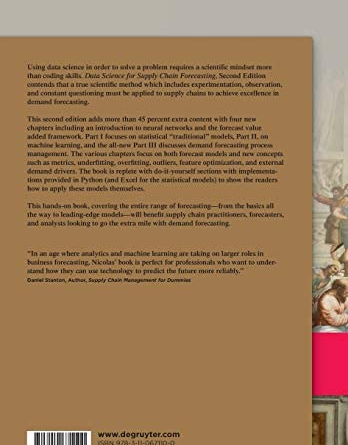How Data Analytics and Machine Learning Can Help Mitigate Supply Chain Disruptions
The global supply chain has been pushed to its limits over the past two years, causing disruptions in the availability of consumer goods. While these disruptions may continue, they are likely to be more fleeting than many investors are forecasting. Morgan Stanley Research has identified 13 primary chokepoints impacting companies today, and they expect this list to evolve over the coming months.
Data analytics and machine learning can be used to identify and predict areas of drought, allowing supply chains to better prepare for water shortages. By analyzing historical data, such as weather patterns and water usage, machine learning algorithms can be used to identify areas of drought and predict when water shortages may occur. This information can be used to inform supply chain decisions, allowing companies to better prepare for water shortages and reduce the risk of supply chain disruptions.


This article is very informative and presents a great argument for the importance of data analytics and machine learning in mitigating supply chain disruptions. I’m curious to know what other strategies companies can use to protect themselves from supply chain disruptions.
This article is a great insight into how data analytics and machine learning can help protect companies from supply chain disruptions. I’ve seen first-hand how valuable this kind of technology can be in the corporate world.
I agree with this article. I have been using machine learning and data analytics for a few years now and have seen it help in many areas, including supply chain management. It has definitely been a great tool for helping to reduce the risk of disruptions.